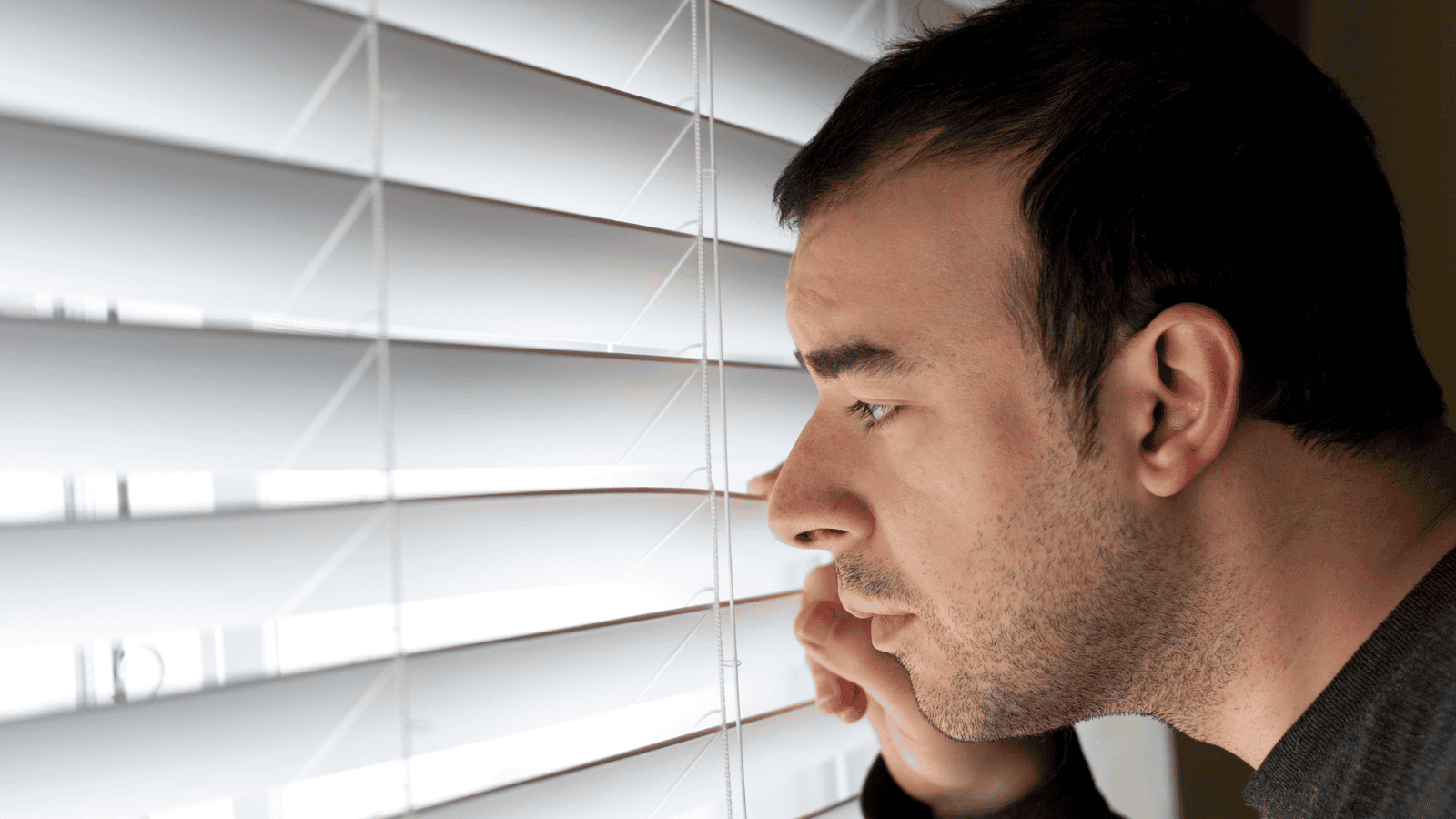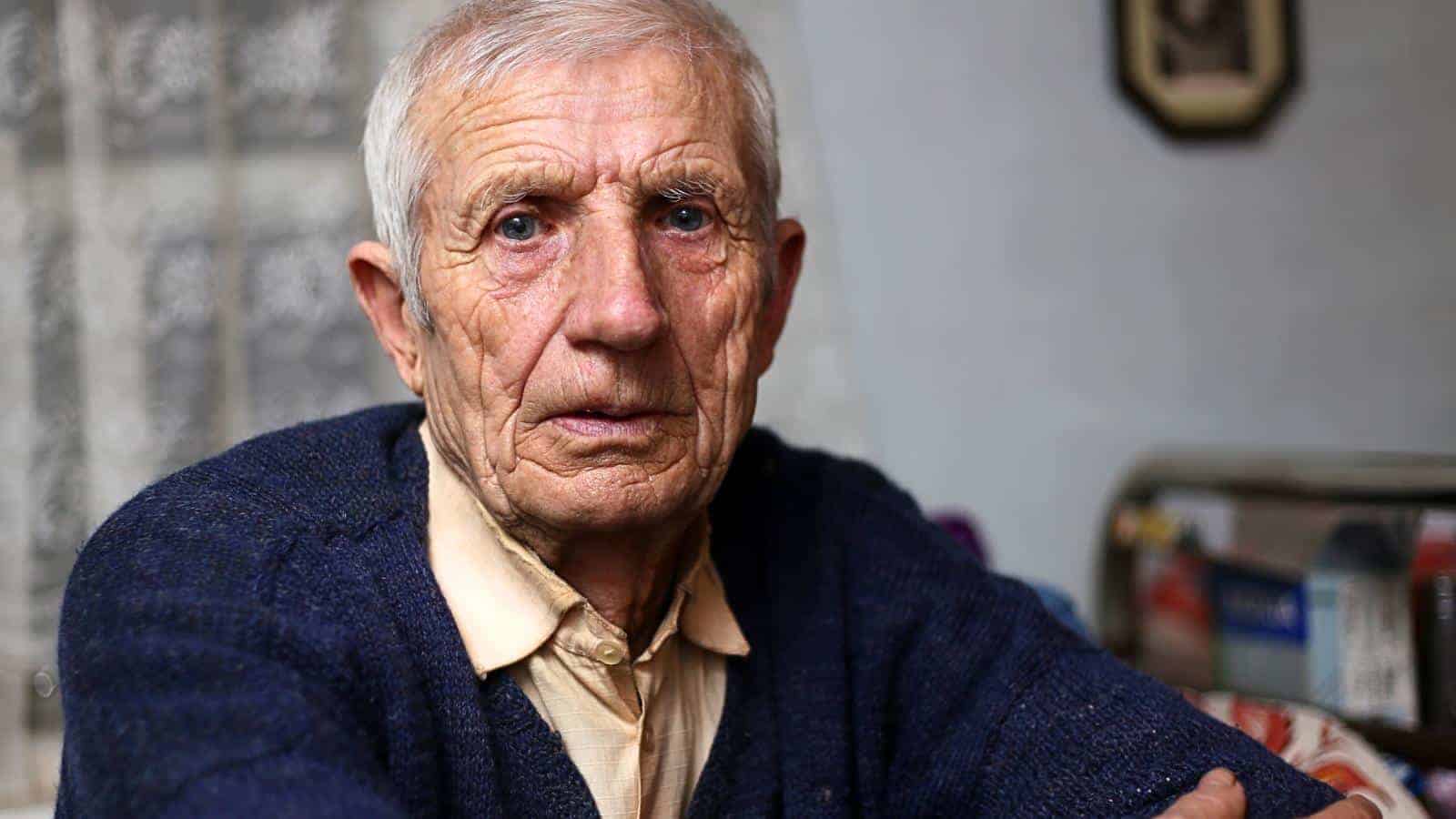It’s a sad fact that not all children have loving, responsible parents, and many suffer mental, physical, or emotional abuse or chronic neglect. Severe childhood trauma can severely impact a person into adult life, affecting things like developing their sense of security, self-worth, and trust. Here are 18 signs that someone may be struggling with the aftereffects of a bad childhood.
Mental Health Disorders

According to BMC Psychiatry, “There is ample evidence showing that childhood maltreatment (CM) is a risk factor for the development of depression in adulthood.” Without a loving family and a safe, secure upbringing, adults can suffer from Post-Traumatic Stress Disorder and are more likely to develop mental health disorders and a general inability to deal with life.
Difficulty Forming Relationships

Our first loving relationships should be with our caregivers, but children who experience trauma lack these initial bonding experiences and often have difficulty forming and maintaining healthy relationships. The emotional neglect or abuse they endured can make them distrustful or incapable of navigating friendships and romances successfully.
Low Self-Esteem

Childhood trauma can destroy a person’s self-confidence for life and lead to chronic feelings of worthlessness. The abuse or neglect they experienced can make them believe they’re unworthy, unlovable, or deserving of adverse outcomes. Low self-esteem can manifest as self-harm, excessive risk-taking, difficulty setting boundaries, or constantly seeking reassurance.
Easily Startled

Growing up with the constant threat of verbal abuse or violence makes a person hypervigilant, even if they are safe and loved as adults. This can make them constantly alert for threats or danger, resulting in a tendency to be ‘flighty’ and easily startled by unexpected noises or events. They may struggle to relax or suffer from sleep problems, such as insomnia.
Flashbacks

Even as adults, neglected or abused children can have nightmares and upsetting flashbacks—vivid memories of traumatic events that feel like they’re reliving them. Despite being safe from harm, these can be very distressing and disturbing, causing unnecessary anxiety and fear, sleep problems, and difficulties socializing or visiting specific locations (in case of triggers).
Emotional Dysregulation

Children who are loved and cared for develop healthy coping mechanisms and learn how to respond appropriately to life’s challenges by copying their parents. Childhood trauma prevents this, and Psych Central asserts that, as adults, abused children are more likely to have outbursts of anger, sadness, or fear or to suffer stunted emotional development (rendering them more childlike).
Self-Destructive Behaviors

Some adults who experienced a rough upbringing engage in self-destructive behaviors as a way of coping with the emotional pain of their past. This can manifest as self-harm, alcoholism, risky sexual behavior, substance abuse, or reckless driving. Scientists think these actions are a result of low self-worth, an attempt to regain control, or due to having equally irresponsible parents.
Physical Health Problems

Research suggests a link between childhood trauma and chronic health problems in adulthood. Adults with traumatic upbringing are more likely to suffer from heart disease, obesity, diabetes, and autoimmune disorders. This is thought to be due to the chronic stress caused by childhood trauma, which can weaken the immune system and increase inflammation in the body.
Untrusting

If children suffer betrayal and abuse in childhood, they become naturally suspicious adults and often struggle to trust or depend on others. They frequently suspect ulterior motives, have difficulty forming close relationships, or become easily jealous or possessive without a good reason. This can lead to isolation and loneliness when they fail to form meaningful bonds with others.
Dissociation

A study published in The NIH reports that dissociation is a common coping mechanism in abused individuals, who frequently detach from their thoughts, feelings, or memories as an involuntary attempt to avoid negative emotions. This numbness can put a ‘wall’ between them and others, making it difficult for them to be known or understood by their friends and loved ones.
Unhealthy Attachment Style

Relationships, particularly romantic ones, require attachment and trust to be successful. Adults who experienced a traumatic childhood never formed secure attachments with their caregivers and often remain poor at forming bonds or trusting other people. They may be fearful of intimacy, choose inappropriate partners, or remain emotionally distant from loved ones.
Prioritizing Others

Low self-esteem and a history of abuse (especially verbal) can make adults poor at self-care and prone to pleasing people, even at the cost of their own boundaries and comfort. This can manifest as inadequate nutrition or hygiene, difficulty sleeping, or unhealthy social behaviors like failing to advocate for themselves or being easily exploited or mistreated.
Poor Memory

Studies have shown that childhood trauma can negatively impact a person’s cognitive development, making them slower learners and less able to remember things. This may be due to emotional ‘shut down,’ which stops the brain from developing fully. In adulthood, they may struggle to concentrate or acquire new skills and be poor decision-makers/problem solvers.
Chronic Fatigue

Although the mechanisms aren’t fully understood, JAMA Psychiatry reports a 6-fold increase in the risk of Chronic Fatigue Syndrome in adults who experienced childhood abuse or neglect. This effect may be due to the impact of trauma on the nervous system and the body’s stress response and can make it difficult for sufferers to work or maintain a normal lifestyle.
No Boundaries

Most of us learn about boundaries by copying responsible caregivers and healthy adult relationships as children. People who suffered difficult childhoods are typically poor at setting their own limits and frequently allow others to disrespect them or push them outside of their comfort zone. They may also struggle to understand and respect the limitations of others.
Feeling Like a Victim

Some adults who had a lousy childhood may develop a victim mentality. They may feel hopeless and helpless, and as if the world is constantly ‘out to get them’ no matter what they do. This can lead to all kinds of negative consequences, like chronic pessimism, depression, and a failure to take calculated risks that could result in personal growth or future success/happiness.
Feeling Unsafe

Betrayal and abuse in childhood can leave an individual feeling permanently unsafe and unsure of the world. They may be constantly on guard for danger, avoid situations that they wrongly perceive as risky, or have difficulty relaxing in their own homes. This can cause excessive stress, obsessive behaviors, anxiety disorders, and sleep disturbances.
Eating Disorders

Eating disorders, like anorexia and bulimia, are associated with poor self-esteem, unhealthy body image, and a warped sense of self—all factors that can be increased by childhood abuse, mainly if a child is constantly told they are unattractive or unworthy. Starving oneself can also be a form of self-harm, a self-destructive trait that is also associated with abuse.
Up Next: 19 Things Men Want To Avoid As They Get Older

19 THINGS MEN WANT TO AVOID AS THEY GET OLDER
18 U.S. Cities Americans Say Are the Best to Live In

18 U.S. CITIES AMERICANS SAY ARE THE BEST TO LIVE IN
17 Most Common Reasons Men Break Up With Women

